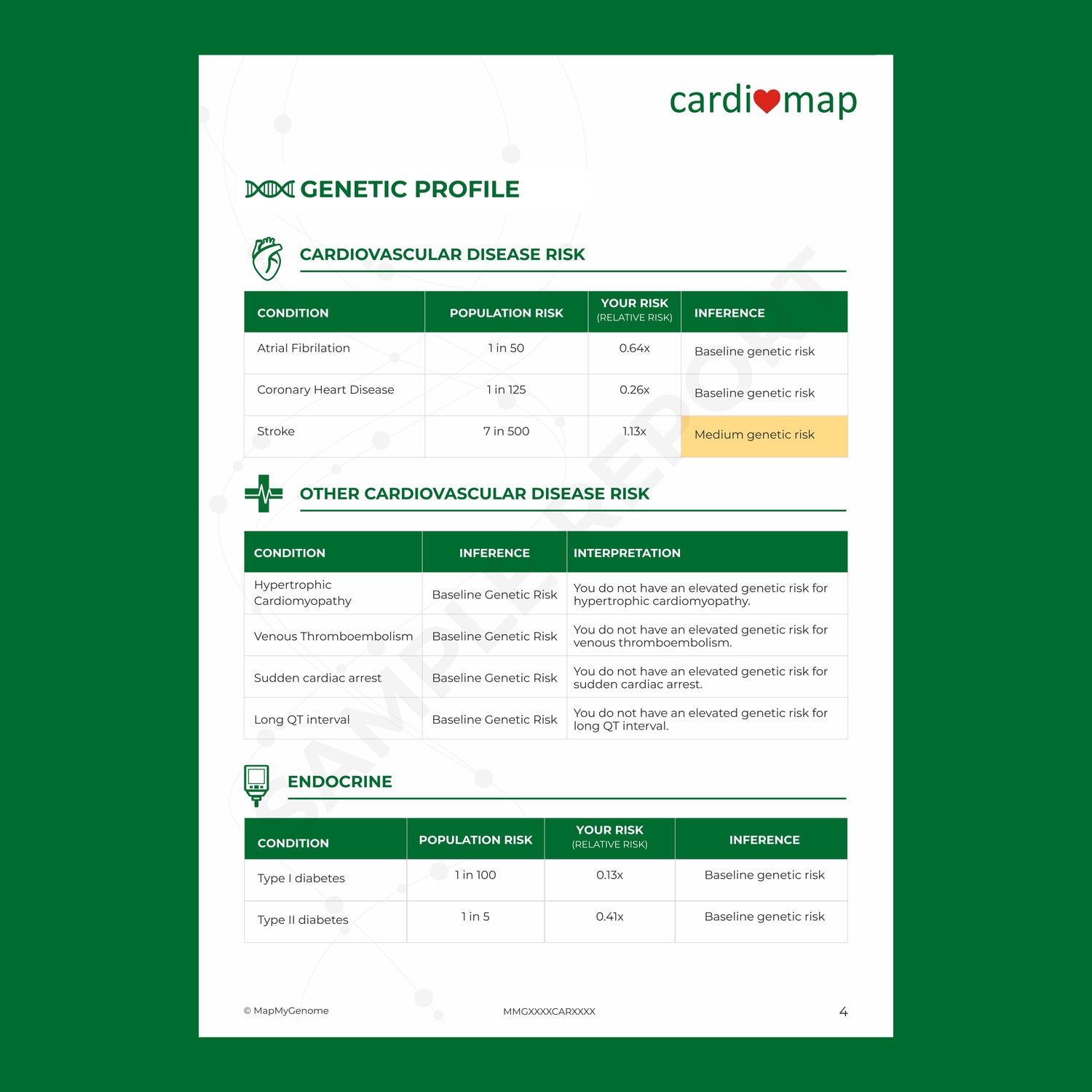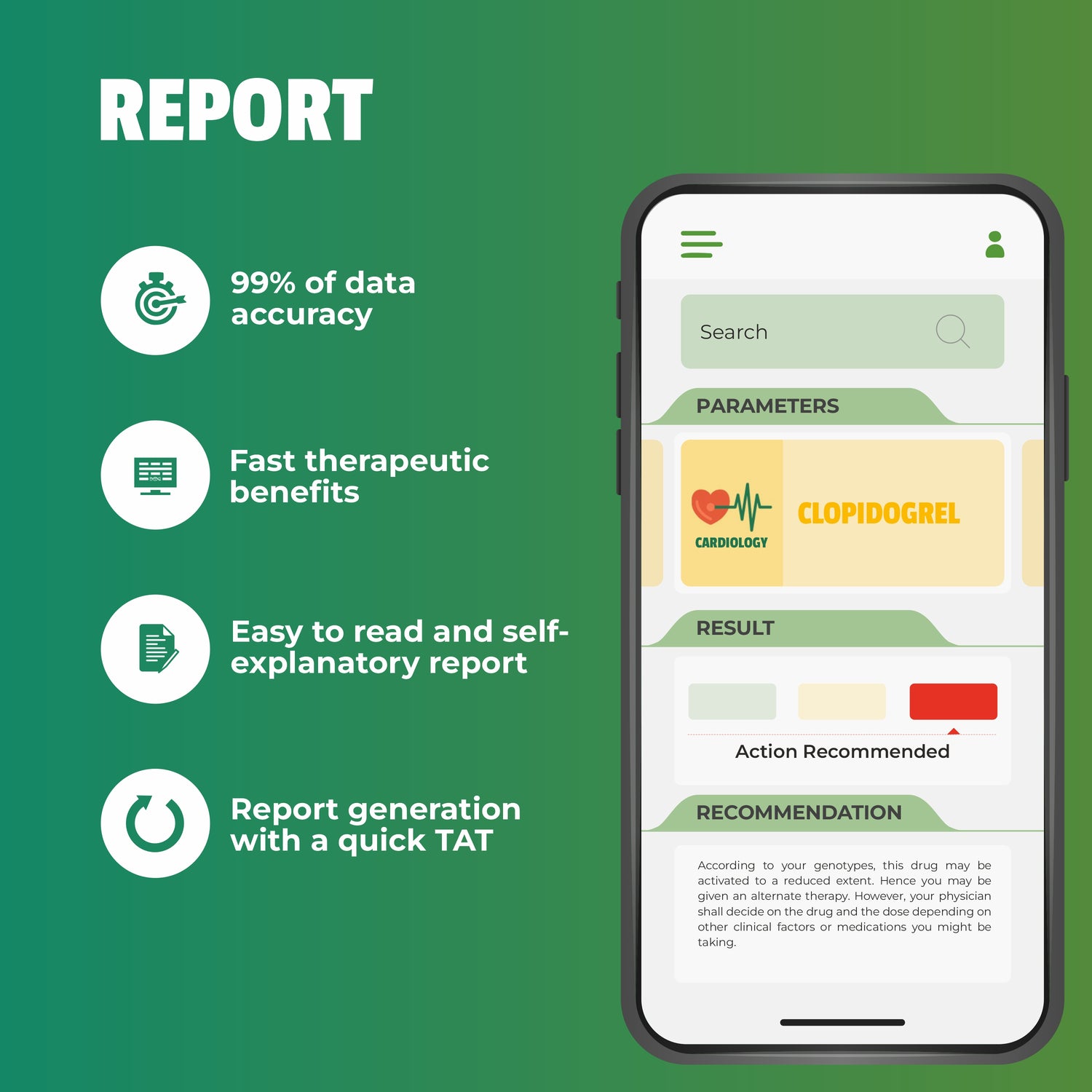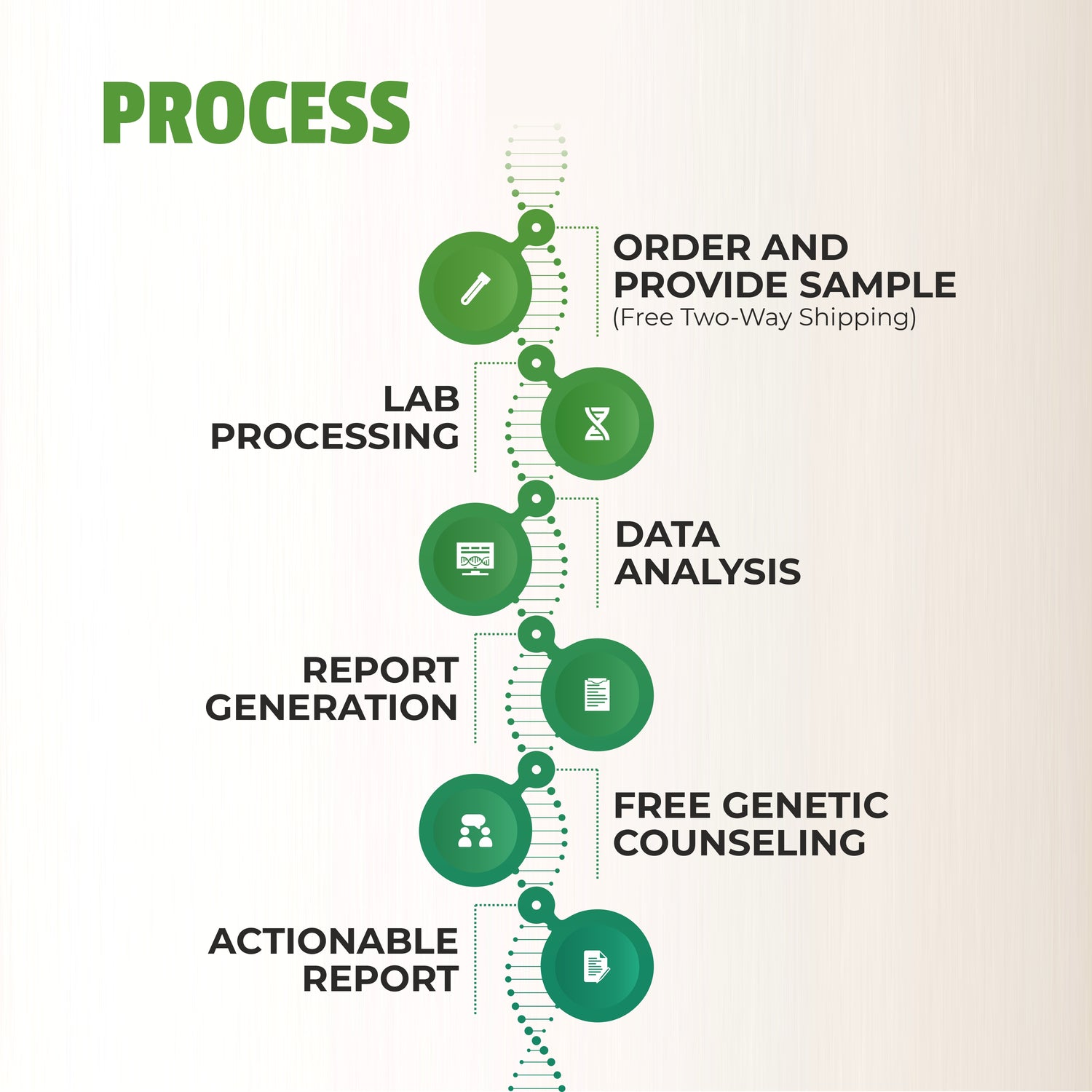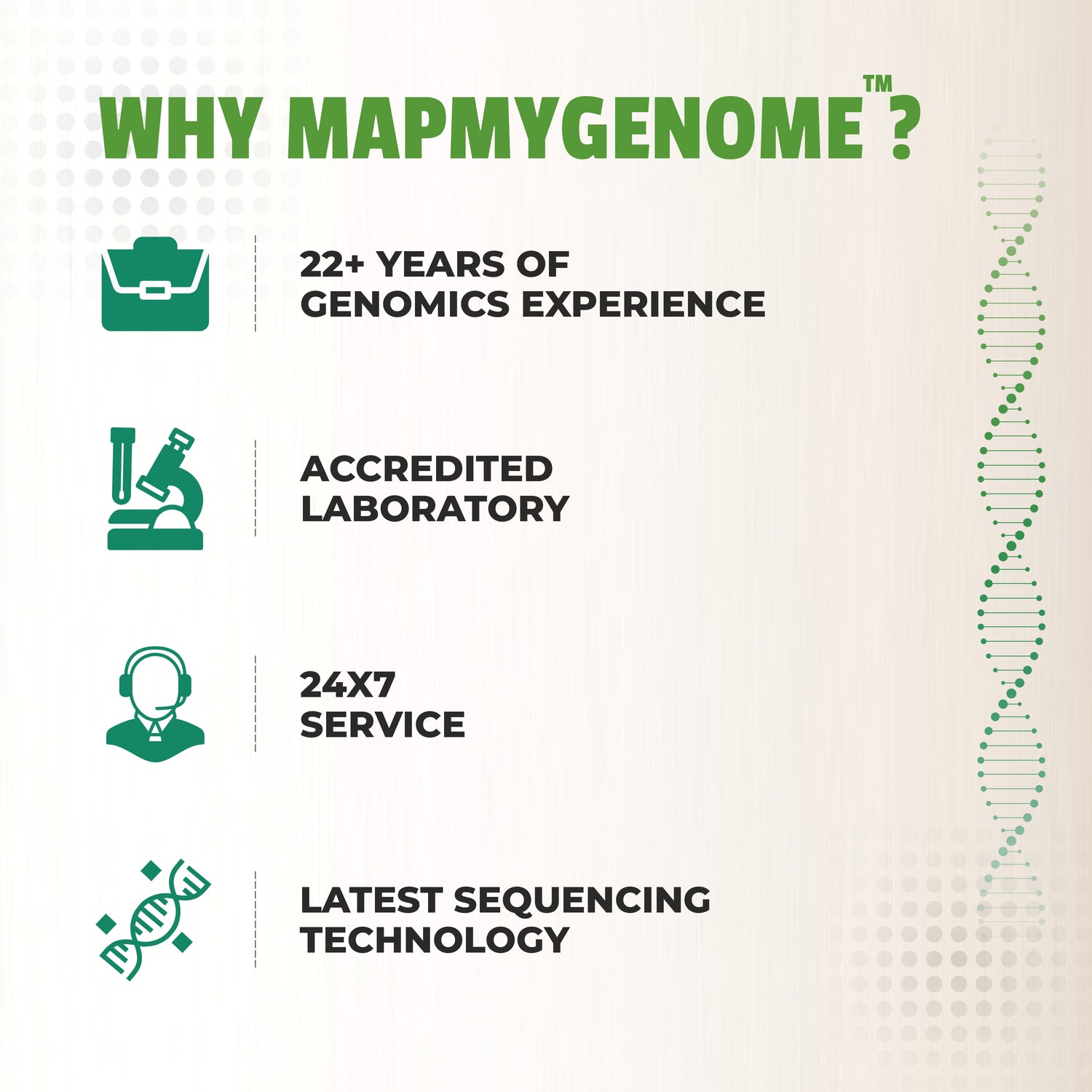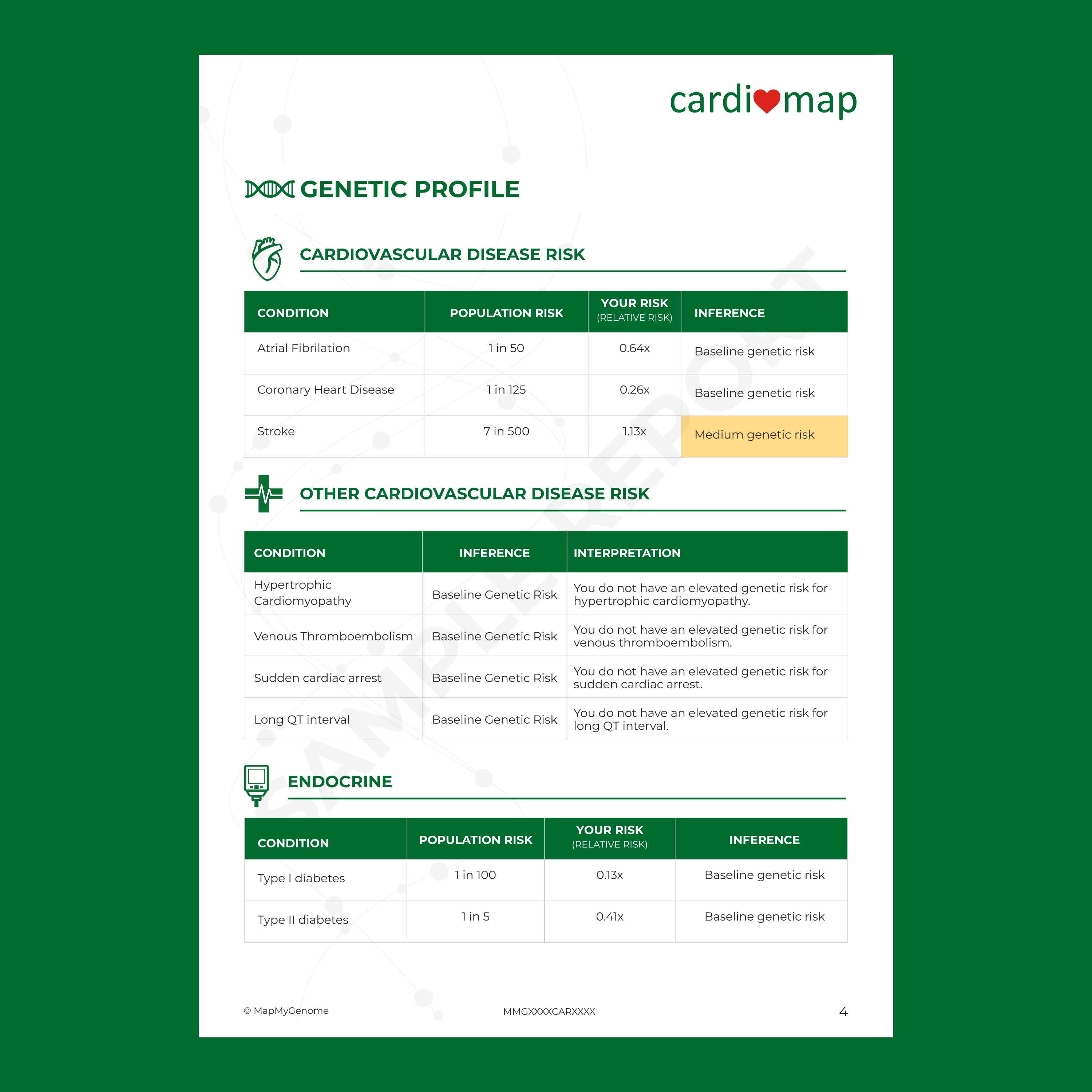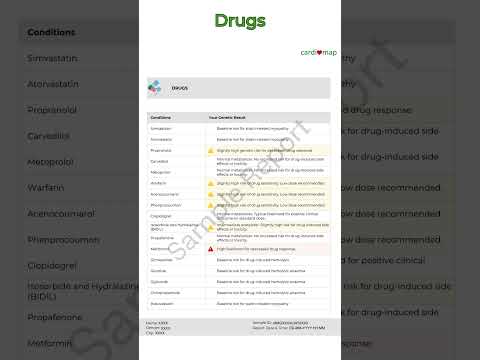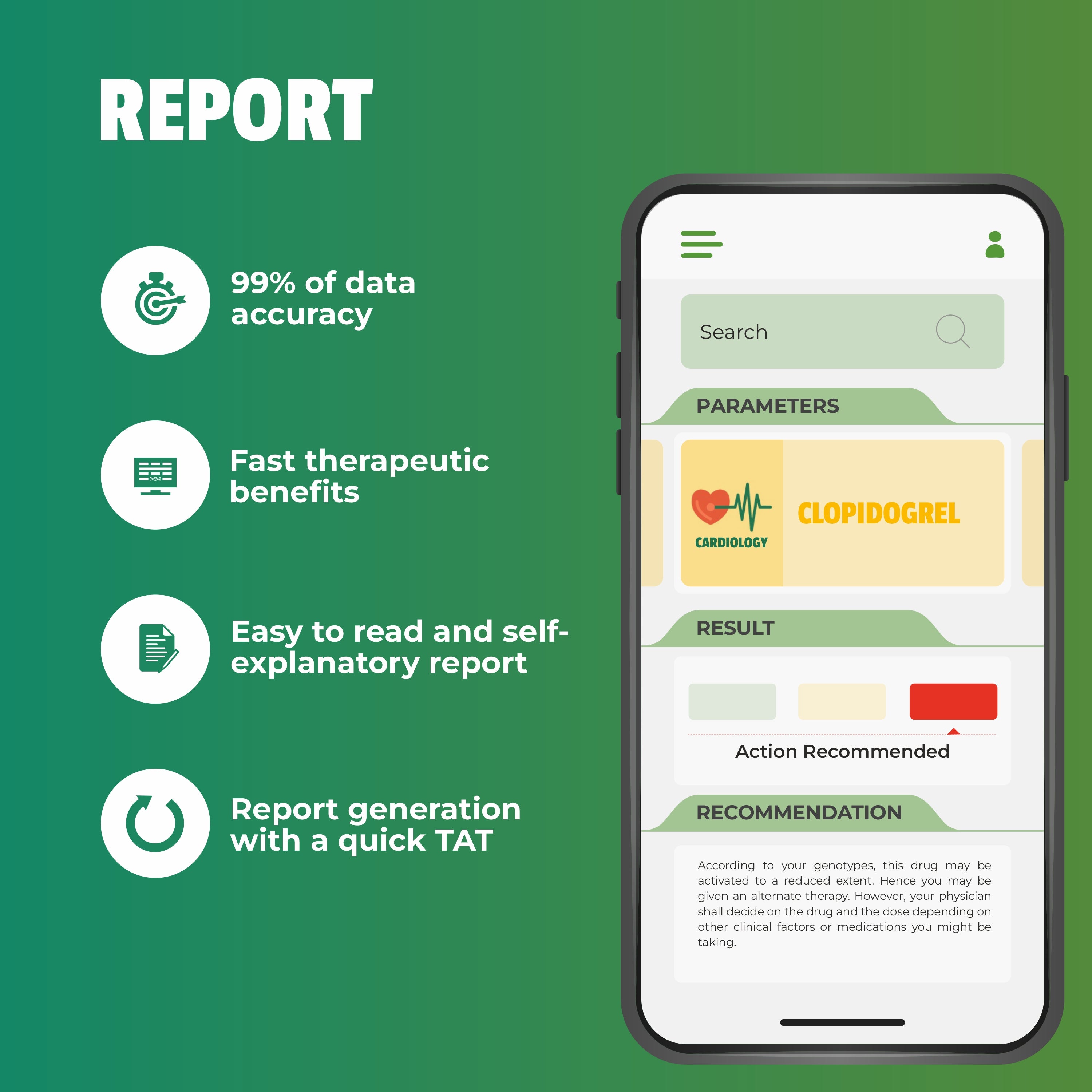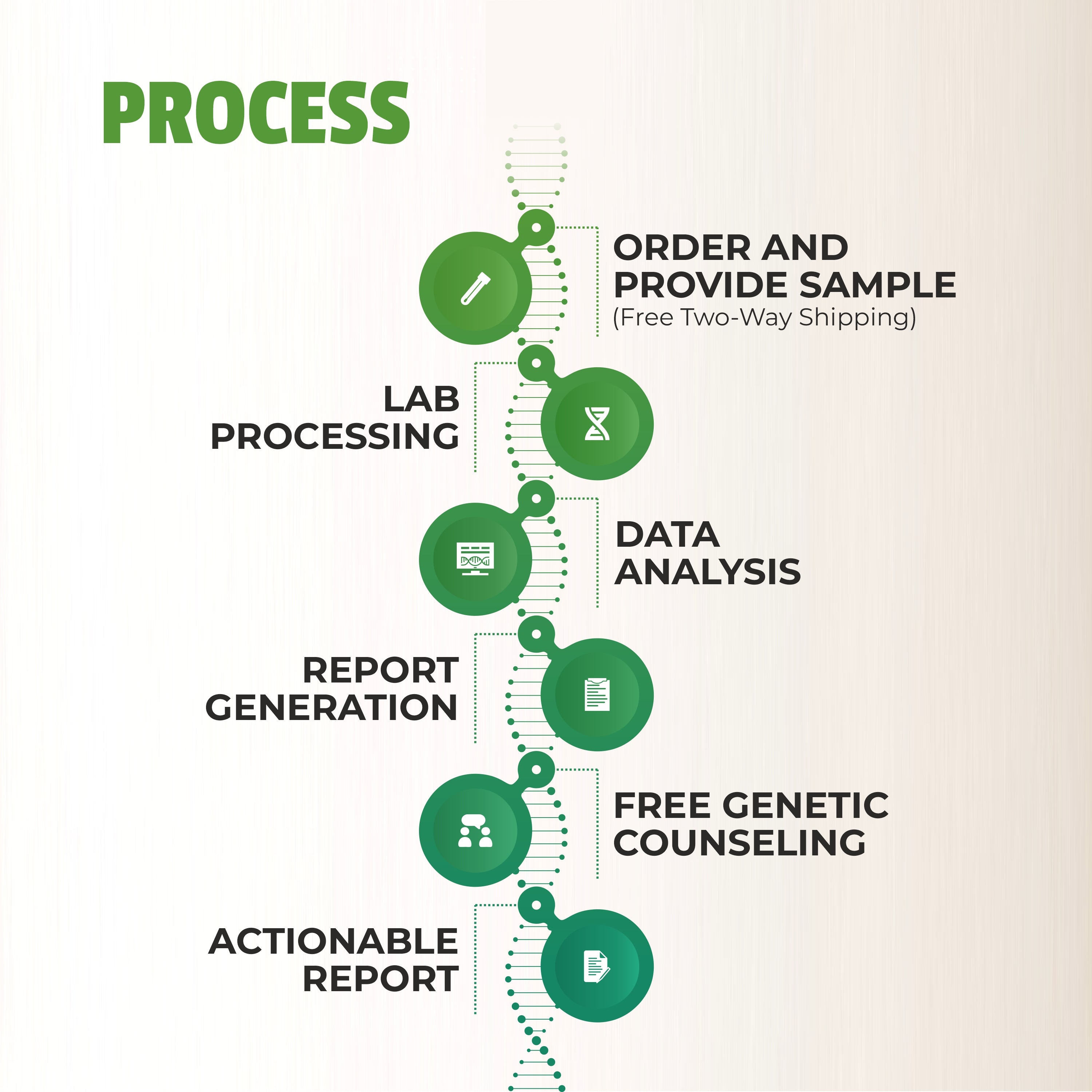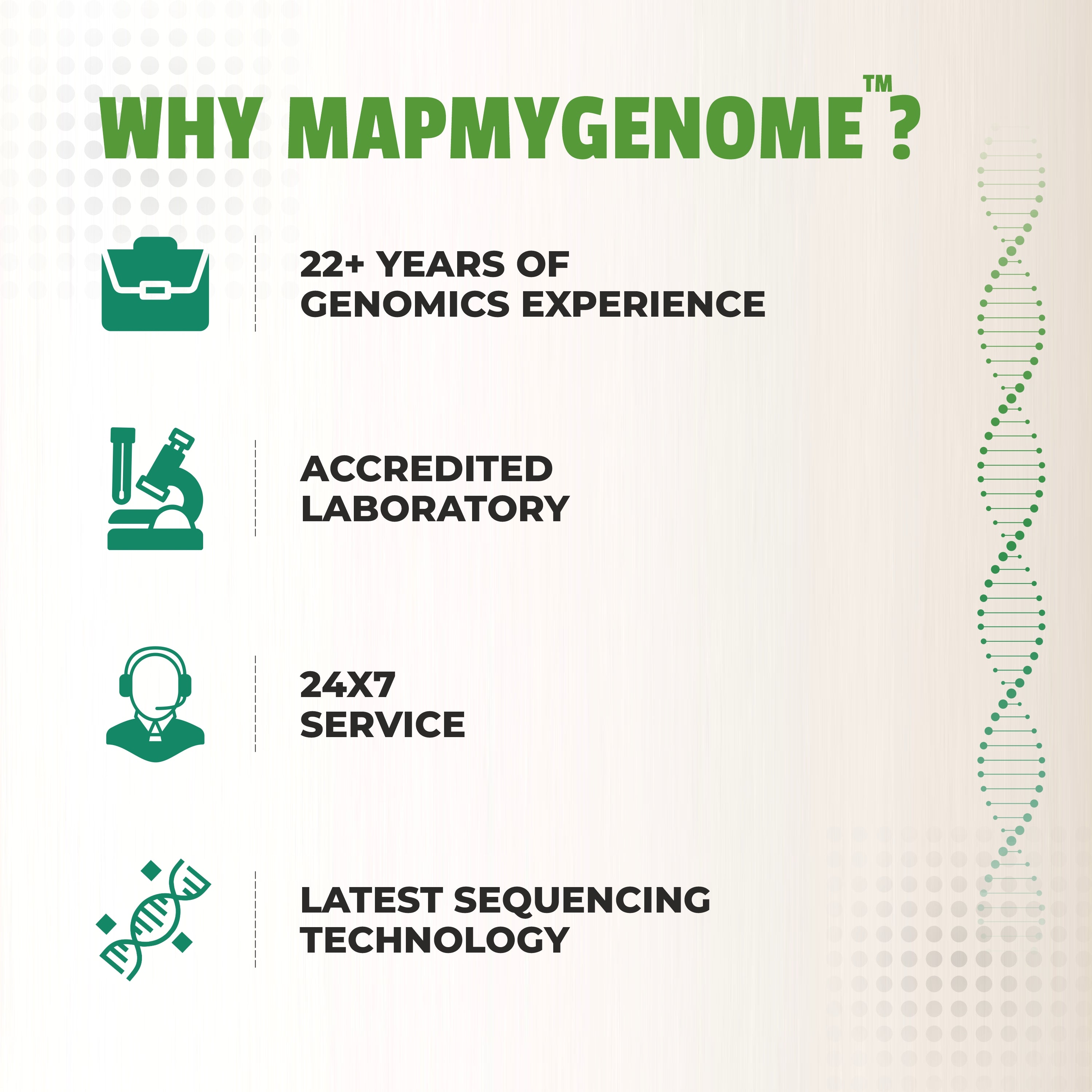Every September 29th, people across the globe come together to celebrate World Heart Day. This annual event isn't just another date on the calendar; it's a worldwide call to action for better heart health. As we dive into World Heart Day 2023, let's uncover why it matters and explore the latest in heart health.
Heart Health Matters
In 2023, the theme is crystal clear: "Heart Health Matters." It's a wake-up call, reminding us all that prioritizing our heart's well-being should be a daily habit. It's an invitation to take proactive steps to safeguard our hearts and elevate our overall health.
Post COVID there is a surge in the number of Cardiovascular disease cases in India. In one of the recent articles, it was published that the annual deaths because of coronary heart disease in India have shown a significant increase over the years, with estimates indicating a rise from 2.26 million cases in 1990 to approximately 4.77 million cases in 2020. These estimates have been derived from various studies conducted in both rural and urban areas, revealing a wide-ranging prevalence rate of 1.6% to 7.4% in rural populations and 1% to 13.2% in urban populations.
Heart disease is a major concern in India, with unique trends that set it apart globally. Indians face a higher risk of heart problems, experience them at a younger age, and sadly, witness a higher rate of premature deaths due to heart issues. To put this in perspective, the number of heart-related deaths in India significantly exceeds the global average, with 282 out of every 100,000 individuals succumbing to heart problems compared to the global rate of 233 per 100,000.
Heart diseases also impact people's health in India 1.3 times more than the global average. In 2016, India shouldered a substantial portion of the world's health burden related to heart diseases, contributing to 23.1% of heart disease-related health problems and 14% related to strokes globally. Alarmingly, Indians tend to develop heart problems about a decade earlier than their European counterparts, with 62% of heart-related deaths occurring prematurely. This underscores the urgent need to prioritize heart health and adopt lifestyle choices that reduce the risk of heart disease from a younger age.
Research shows that South Asians, including Indians, experience their first heart attack at around 53 years of age, which is notably younger than the global average of approximately 59 years. This underscores the importance of prioritizing heart health and adopting early lifestyle choices to reduce the risk of heart disease, without intending to instill fear but emphasizing the need to care for our heart health from a younger age.
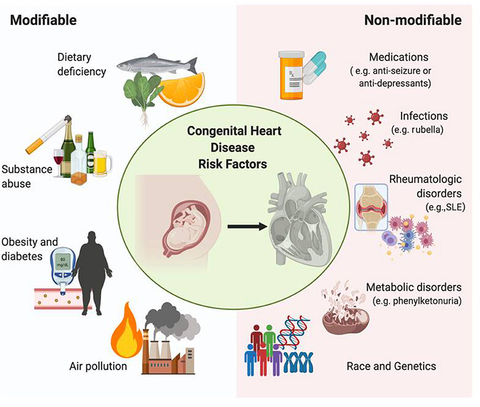
Top tips for World Heart Day 2023
Know Your Numbers: The first step in preventing heart disease is understanding your vital cardiovascular metrics like blood pressure, cholesterol levels, and BMI. Regular check-ups with healthcare pros keep you in the know.
Eat Smart: A heart-healthy diet brimming with fruits, veggies, whole grains, lean proteins, and low in saturated fats, salt, and sugar is non-negotiable. Ditching processed foods and sugary drinks is a giant leap toward heart wellness.
Stay Active: Keeping your heart in top shape means regular exercise. Aim for at least 150 minutes of moderate aerobic activity or 75 minutes of vigorous exercise weekly.
Kick the Habit: Smoking is a big no-no for heart health. Quitting is one of the most impactful things you can do for your ticker.
Zen Out: Stress can wreak havoc on your heart. Embrace practices like meditation, yoga, and mindfulness to reduce stress and boost heart health.
Moderate Drinking: While a glass of wine might be okay, excessive alcohol can harm your heart. If you choose to indulge, do so in moderation.
Sleep Tight: Quality sleep is your heart's best friend. Aim for 7-9 hours of restful slumber each night for overall well-being.
Genetics and your heart
Genetics plays a significant role in your heart's destiny. Your family history, specific gene variants, and conditions like hypertension, hypertrophic cardiomyopathy, cardiac arrhythmias, and sudden cardiac arrest can all impact your cardiovascular health. Understanding these genetic factors is crucial for personalized treatment and prevention strategies.
Innovations in heart health
- Telemedicine: The COVID-19 pandemic accelerated the adoption of telemedicine, making remote cardiac consultations more accessible and convenient for patients.
- Wearable Tech and AI: Smartwatches and fitness trackers equipped with heart rate monitoring and ECG capabilities, combined with AI-powered algorithms, enable better heart health monitoring, early risk prediction, and more effective interventions.
Unlocking heart health: The power of preventive genomics
In our quest for better heart health, cutting-edge technology has emerged as a valuable ally through innovative preventive genomics testing, aimed at revolutionizing our approach to heart well-being. This testing delves deep into your genetic blueprint, providing personalized insights into your heart health. It uncovers specific genetic markers associated with heart conditions, enabling early intervention and tailored prevention strategies.
Preventive genomics testing focuses solely on heart health, analyzing genetic predispositions to heart disease, hypertension, cholesterol metabolism, and more. These tests empower individuals to proactively manage their heart health by enabling early detection, personalized action plans, and empowering knowledge about their genetic risk factors, ultimately offering a unique roadmap to a healthier heart.
How can MapmyGenome™ help keep your heart healthy?
MapmyGenome™ cares about your heart. We can help you protect your heart and other important systems with Genomepatri™ – our DNA-based comprehensive, personalized healthcare solution covering 100+ health parameters. With Genomepatri™, you understand your genetic predisposition to many common heart ailments and their associated risk factors such as hypertension, diabetes, cholesterol, and triglycerides. You can also learn how your DNA affects your lifestyle, habits, fitness, and metabolism.
MapmyGenome™ also has an exclusive DNA-based wellness solution for your heart, Cardiomap™ , which will give an insight into your genetic predisposition to a wide spectrum of CVDs, several associated risk factors, treatment options, and lifestyle changes.
Additionally, our genetic counselors correlate your genetic findings with your health history and help chart out plans that work for you.
In Conclusion
World Heart Day 2023 is a poignant reminder that our hearts deserve center stage. By embracing a heart-healthy lifestyle, staying informed about our cardiovascular health, and embracing the latest innovations in heart care, we're taking steps toward a healthier, happier, and longer life. Let this World Heart Day be the start of your journey to a heart-healthy future, not just for you but for generations to come. Remember, your heart matters—cherish and care for it!
Find out your genetic risk for heart diseases
References
Ray, Tapan Kumar, et al. "Prevalence and Trends of Coronary Heart Disease in India: A Systematic Review and Meta-Analysis." PLOS ONE, vol. 7, no. 10, 2012, e49161. PMC, doi:10.1371/journal.pone.0049161.
Jha, Prashant, et al. "Cardiovascular Disease Risk Factors and Outcomes in the South Asian Region." The Lancet Global Health, vol. 11, no. 7, 2023, pp. e734-e747. DOI, doi:10.1016/S2772-3682(23)00016-1.





